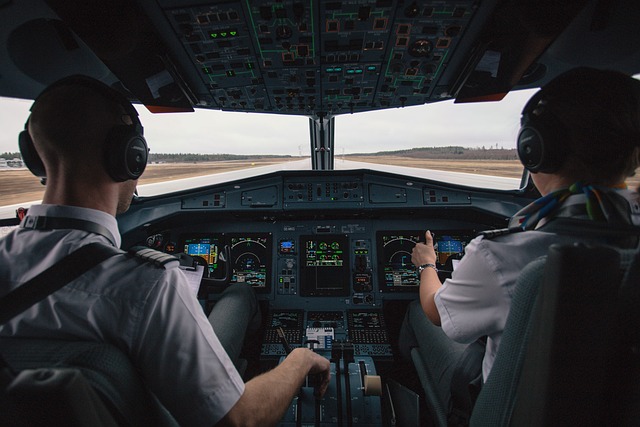English communication is the primary language used in aviation worldwide. Pilots, air traffic controllers, and other aviation professionals use English to communicate with one another, regardless of their native language. This is because English is considered the universal language of aviation and is essential for ensuring the safety and efficiency of air travel. In this blog post, we will explore the importance of English communication in aviation.
First and foremost, clear communication is critical in aviation. Communication errors can lead to confusion, misunderstandings, and potentially dangerous situations. Therefore, pilots and air traffic controllers must be able to communicate effectively and efficiently to ensure that all parties understand each other.
English communication is particularly crucial in international aviation. Air traffic controllers and pilots from different countries may speak different languages. However, English serves as the common language that allows these professionals to communicate and ensure that they understand each other. When everyone speaks the same language, there is less room for misunderstandings, which helps to reduce the risk of accidents.
Moreover, the International Civil Aviation Organization (ICAO) mandates that English be used in aviation communications. This is because English is the most widely spoken and understood by aviation professionals worldwide. The ICAO also requires all pilots to demonstrate a minimum proficiency in English to obtain and maintain their pilot’s license.
In addition to safety, effective English communication in aviation is also crucial for efficiency. Air traffic control relies on clear and concise instructions to manage air traffic, and pilots must understand and respond to those instructions quickly. Any miscommunication can lead to delays or cause issues with flight plans, which can be costly and disruptive for airlines and passengers.
English communication is of utmost importance in aviation. It ensures safety, reduces the risk of misunderstandings, and promotes efficient operations. English is the universal language of aviation, and all aviation professionals must be proficient in it to ensure the safety and success of air travel. As such, aviation professionals must continue to prioritize and maintain their English language skills.





